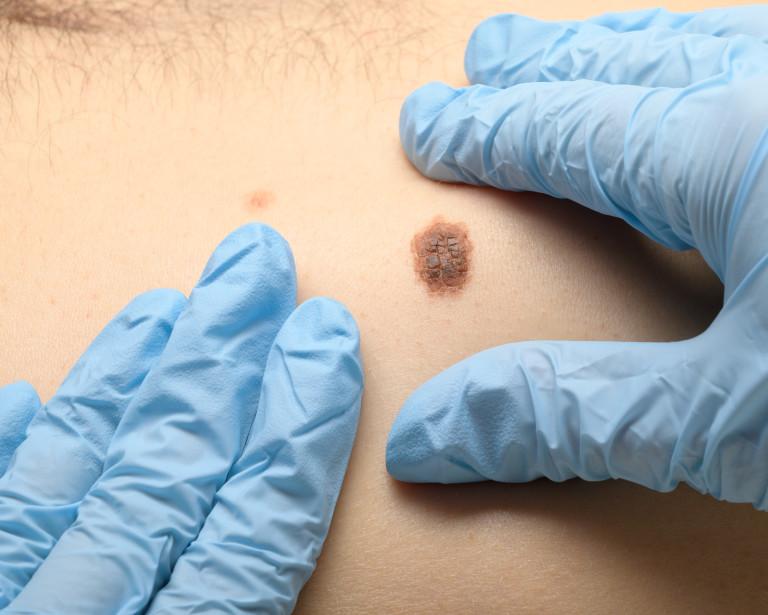
Link Between Melanoma and Estrogen Could Lead to New Therapeutic Approach
Published
Written By

Sarah Avery
Director, Duke Health News Office
Related News

Duke Integrative Immunobiology

Inside Precision Medicine
Related News

Duke Integrative Immunobiology

Inside Precision Medicine
